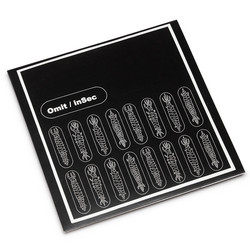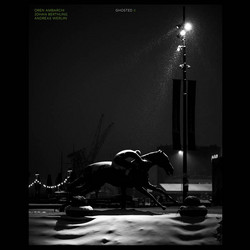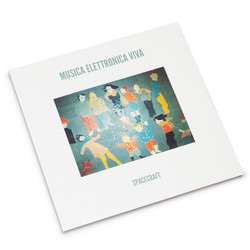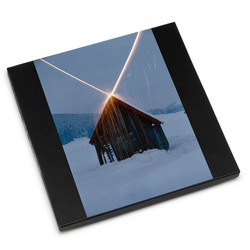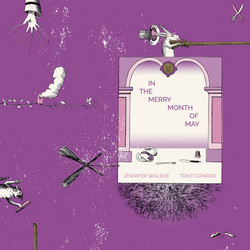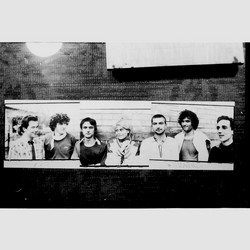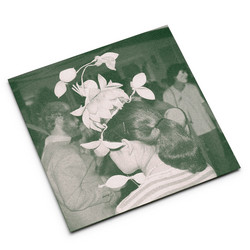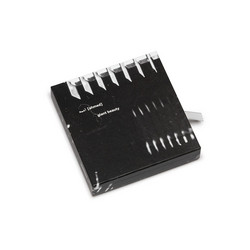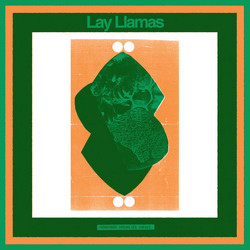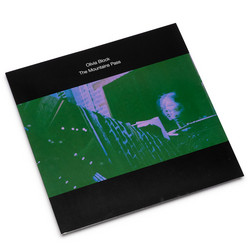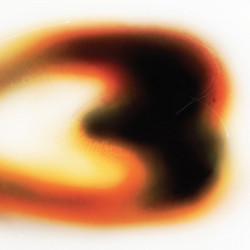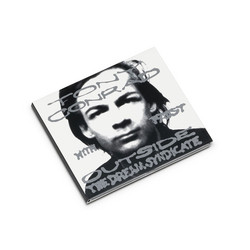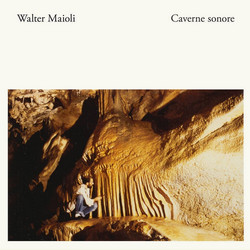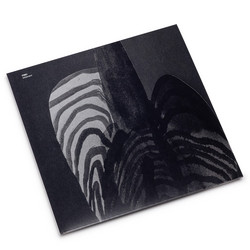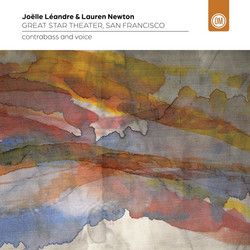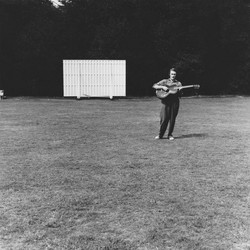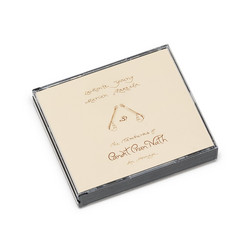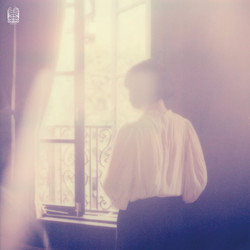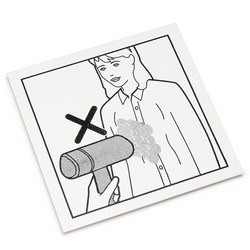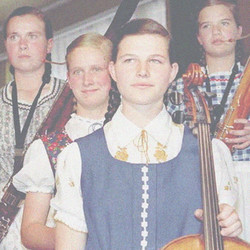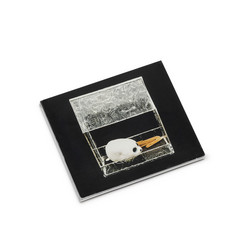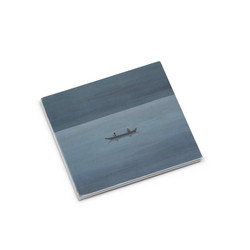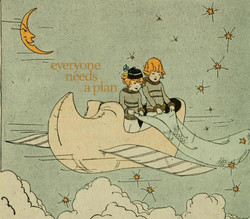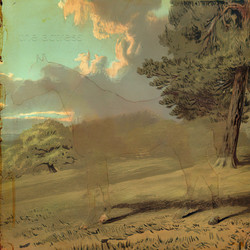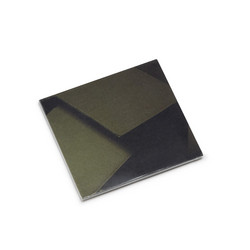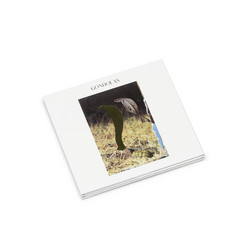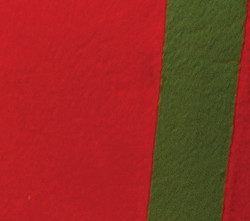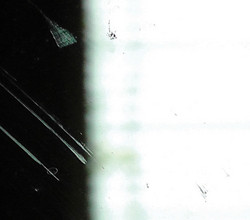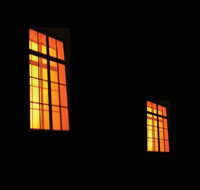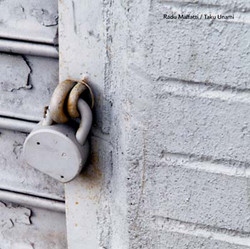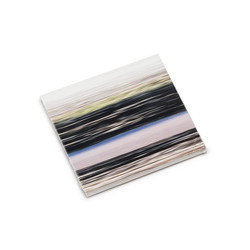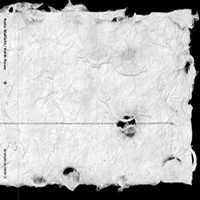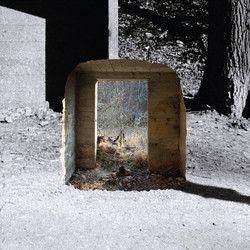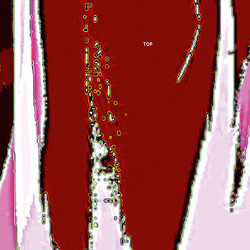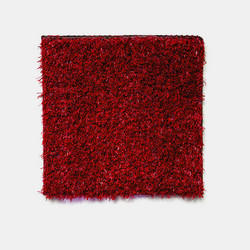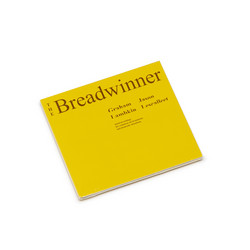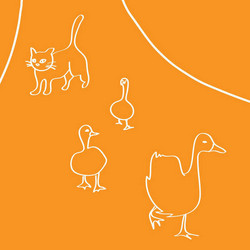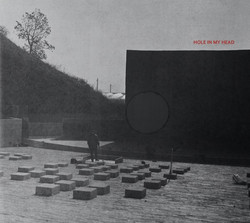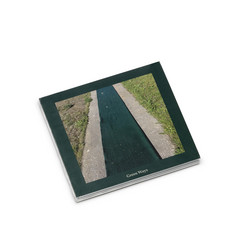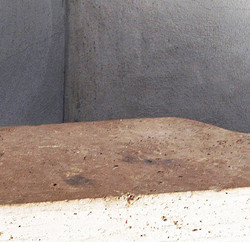Keith ROWE - John TILBURY
Duos for Doris
This word - improvisation - no longer seems adequate to describe the forms that emerge from playing without a score or pre-determined structure. These categories are invidious anyway, but improvised music history, or that part has its roots in communality and spontaneity, raises certain expectations in the listener that may have become anachronistic or simply naive. Take Duos For Doris, dedicated to Tilbury's mother, who died two days before this recording was made. A double CD containing three long pieces, this is the first duo release by Keith Rowe and John Tilbury, whose musical relationship goes back to 1965 performance of Cornelius Cardew's Treatise. Two thirds of the post-1981 AMM, Rowe and Tilbury share a profound understanding of the way in which form can emerge from carefully controlled dynamics. Some listeners may suspect a lack of communication or development, though they may be mistaken. For the first piece, over 70 minutes in length, a stable state develops quickly out of quietly fluctuating buzzing tones and a resonant, expectant hum, a conglomeration of brainwaves that immediately and imperceptibly induces the receptivity of deep listening. Tilbury's discrete interventions and beehive mutter of this landscape inevitably evoke memories of other musics - notably John Cage's works for prepared piano and the solo piano compositions of Morton Feldman.
What both players seem to have achieved is a distillation of their respective languages. Two prepared tones from Tilbury may evoke memories of Cage, yet they go beyond Cage, locating his reinvention of the piano in a contemporary context. As for Rowe, the majority of his sounds no longer have any connection to an identifiable instrument. Perhaps they stem from guitar; perhaps not. The question hardly matters. Physicality is evident - a sound that clearly marks the trajectory of a hand or the passing of some device over amplified or resonant surfaces - but the sound of guitar strings has gone. David Toop The Wire
Details
Cat. number: erstwhile 030-2
Year: 2006
